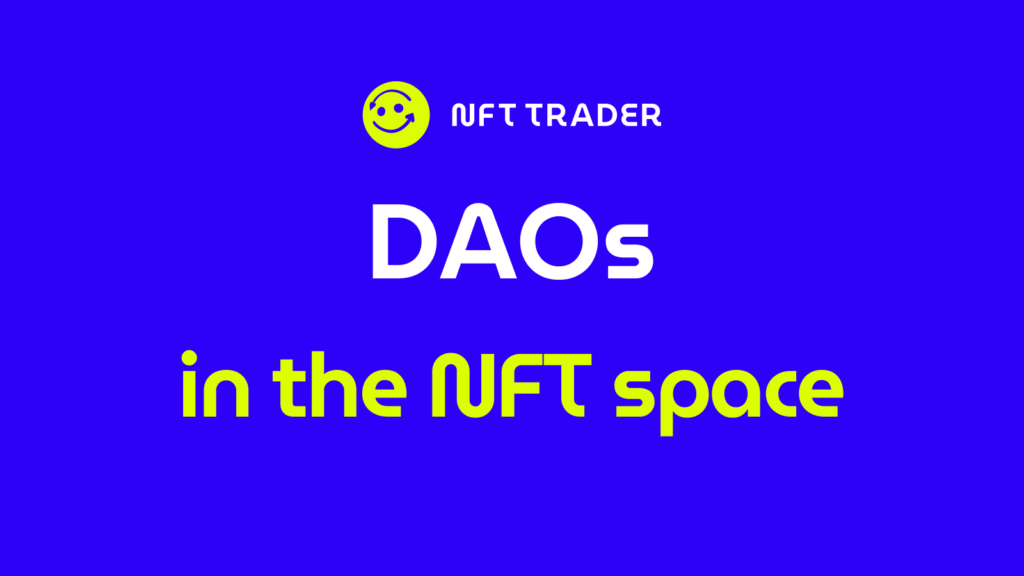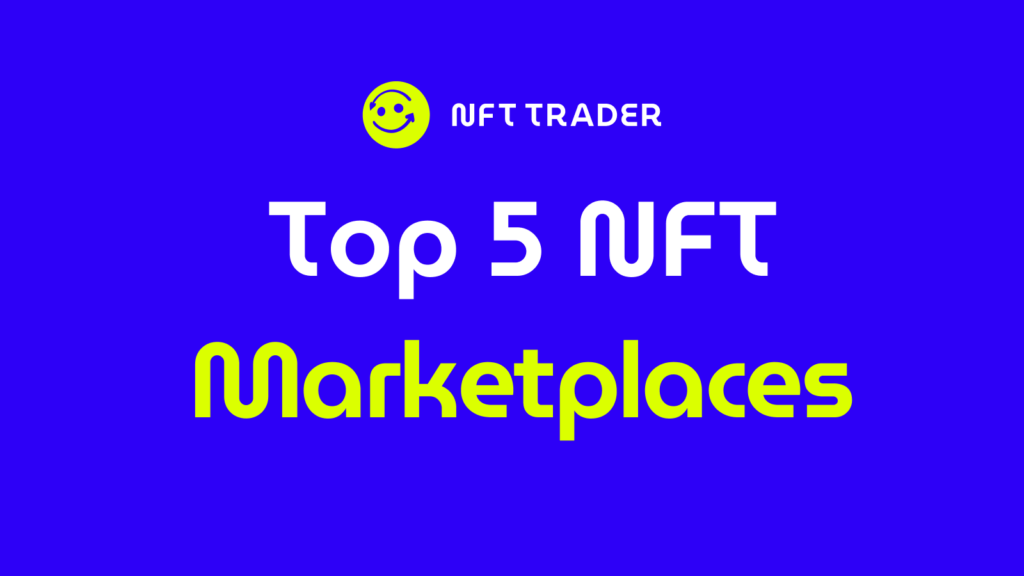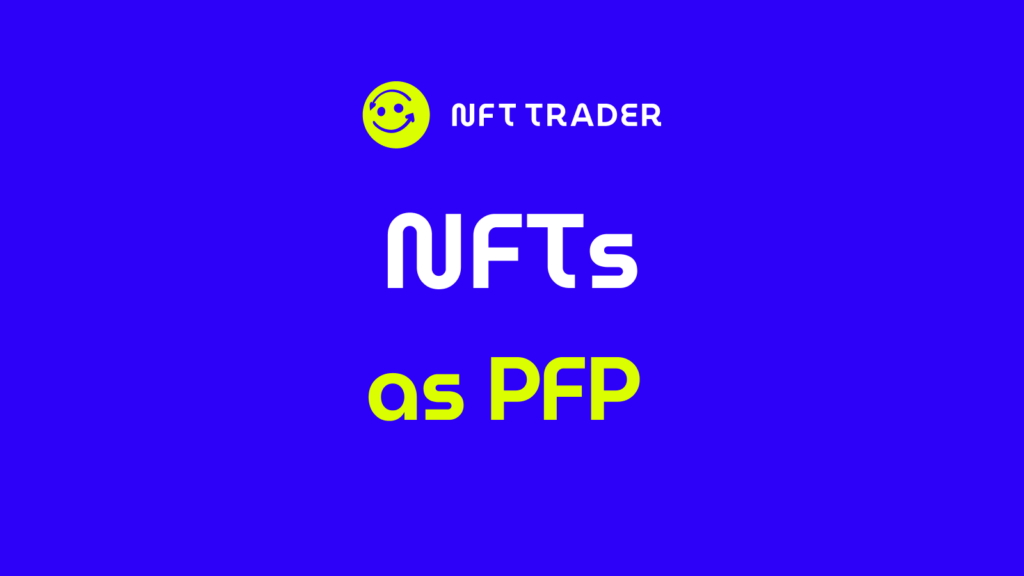Understanding DAOs in the NFT Space: A Deep Dive

A Decentralized Autonomous Organization (DAO) can be conceptualized as a digital forum reminiscent of the ancient Greek agorà. Within this framework, the community associated with a project convenes to engage in discussions, formulate proposals, and, contingent upon majority consensus, potentially secure funding to facilitate the realization of the proposed initiatives.
Additionally, it is apt to liken DAOs to artificial intelligence, as they exemplify systems wherein outcomes are generated through the collective cognitive capabilities of human participants.
Summary:
- What is a DAO
- How are DAOs and NFTs connected
- Benefits and challenges of DAOs in NFTs
- Notable DAOs in the NFT ecosystem
What is a DAO?
A DAO fundamentally constitutes a community of individuals linked together through ownership of a specific token or set of tokens.
The prominence of DAOs surged notably during the DeFi (Decentralized Finance) surge, leveraging the ERC20 token standard as the foundational protocol. With the emergence of NFT (Non-Fungible Token) DAOs, the use of ERC721 tokens has come to the forefront.
Although the overarching concept remains similar, a pivotal distinction lies in the mechanics of voting. In the case of ERC20, voting weight is determined by the quantity of fungible tokens held, whereas in NFT DAOs, the voting power is contingent on the ownership of NFTs. Notably, certain DAOs grant significant voting influence to specific token holders based on the rarity of their associated NFTs.
How are DAOs and NFTs connected
DAOs and NFTs are interconnected through tokens, typically facilitated by off-chain platforms such as Snapshot, where DAO decisions are formalized.
To elucidate this connection, let’s consider an example. Suppose we possess an NFT from a specific collection, and this collection operates a DAO where each NFT owned translates to one vote. This DAO manages a multisignature wallet, accumulating fees derived from royalties tied to secondary marketplace transactions.
In this community-driven ecosystem, there may arise a consensus that the existing collection merits heightened exposure within the sports domain. Subsequently, a faction of community members formulates a proposal. Essentially, a proposal, under the aforementioned scenario, serves as a comprehensive business plan. In it, the group of users seeks funding to develop an initiative that promises communal benefits, such as advertising placements during a football match.
Ultimately, the community convenes to deliberate and reach a verdict. Generally, the allocated funds are not released in entirety, but rather incrementally, contingent upon the attainment of predefined milestones.
Benefits and challenges of DAOs in NFTs
The concept behind DAOs is encapsulated in their name: a Decentralized Autonomous Organization.
We observe a diversity of DAO structures, with DeFi DAOs primarily oriented towards protocol optimization, liquidity acquisition, and potentially seeking funding for protocol enhancements. Conversely, NFT-focused DAOs typically center their efforts on extending the brand’s presence beyond the blockchain realm.
In both scenarios, certain shared strategies emerge, encompassing economic deliberations and community-based incentives.
Notable DAOs in the NFT ecosystem
The NFT Ecosystem recently is involved with multiple DAOs. Some example are:
- ApecoinDAO: This DAO operates as an independent entity, distinct from Yuga Labs, and is overseen by select community members who garner votes through election to form a council. Much like other DAOs, individuals have the capacity to submit proposals. Subsequently, using the APE token, community members can cast their votes either in support of or against these proposals ;
- NounsDAO: The Nouns project stands out for its distinctive minting process. Essentially, a daily auction is conducted to acquire a Nouns NFT. This presents an intriguing dynamic, given the relatively low supply, resulting in Nouns being typically challenging to acquire due to their scarcity. The ETH proceeds generated from Nouns auction sales are directed into the project’s treasury. Notably, Nouns have previously allocated funds to support eSports teams and sunglasses designers ;
- MocaDAO: In this project, Mocaverse NFT holders have the privilege to participate in the MocaDAO voting process. This initiative is particularly intriguing due to the substantial involvement of individuals associated with the Animoca Brands collection. Additionally, a significant number of founders hold ownership of these NFTs, further emphasizing their vested interest in the project ;
It is crucial to emphasize that, in general, anyone has the capacity to submit a proposal to a DAO, even if they do not possess any tokens of interest.



